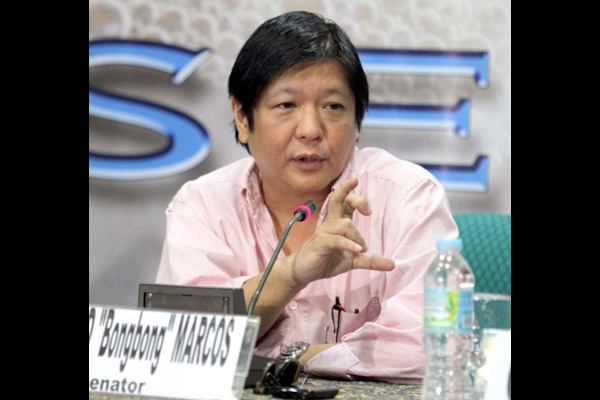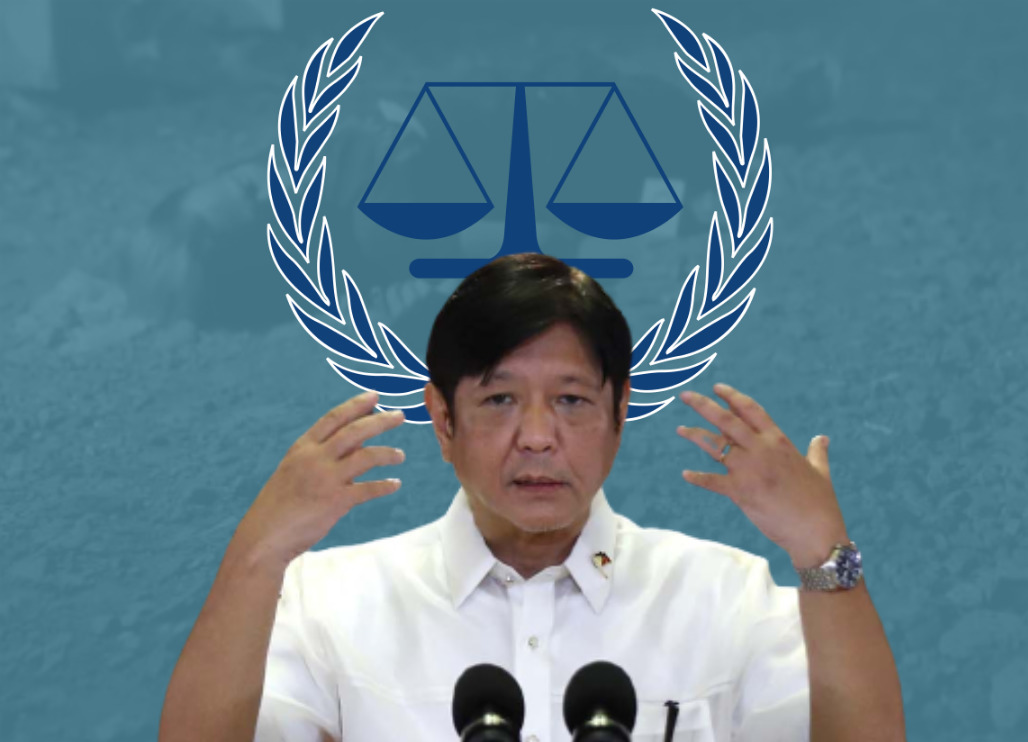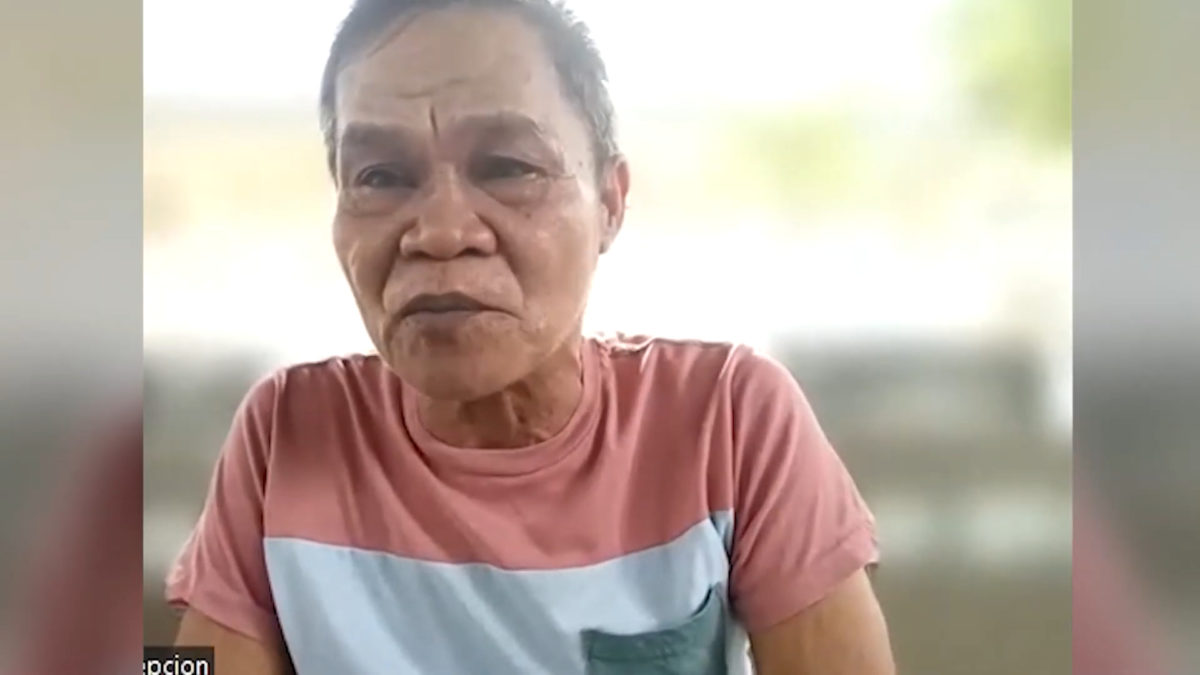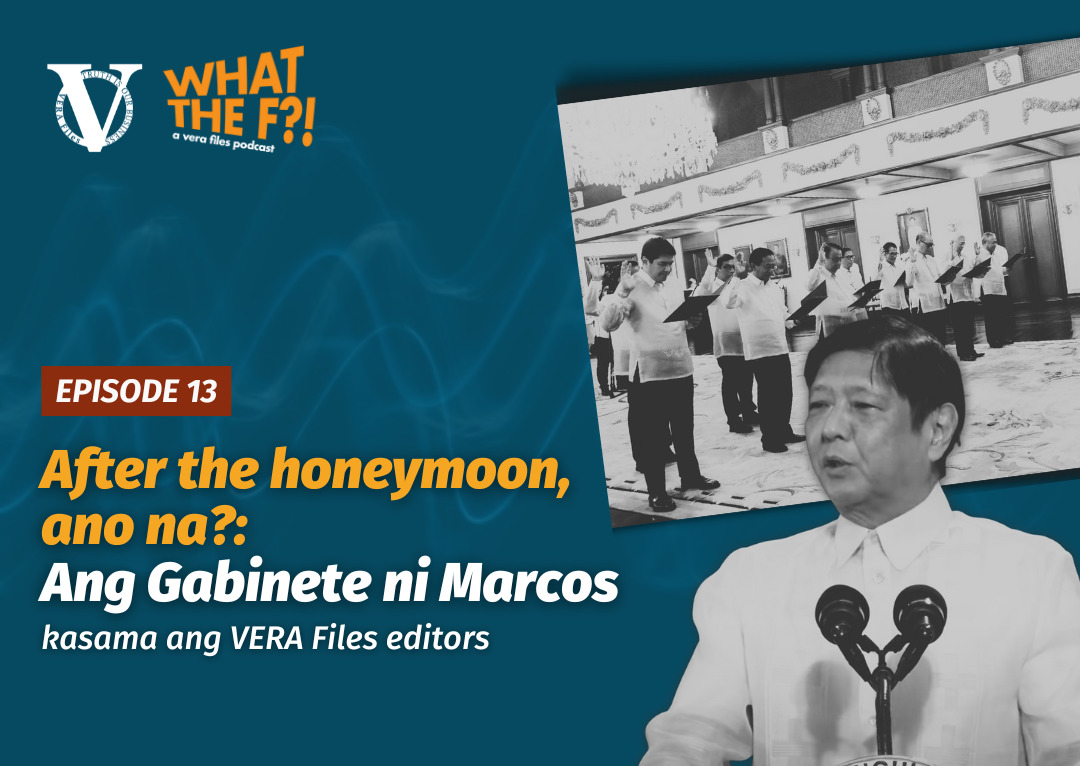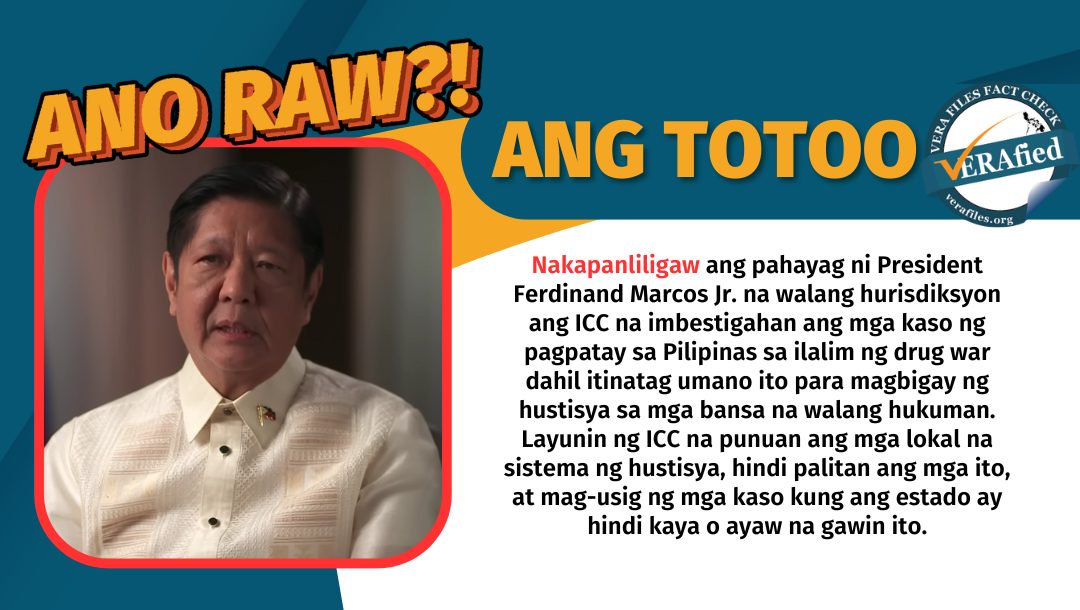Ilocanos are stereotyped as being kuripot (stingy with money). President Ferdinand “Bongbong” Marcos Jr., an Ilocano, showed this side of him when he vetoed four bills approved by the previous Congress.
He returned the bills to the legislature with his veto messages, noting that the measures would either reduce revenue or create unnecessary government spending.
According to Press Secretary Trixie Cruz-Angeles, the president is “just fine-tuning the laws into the system… especially the laws that involve some tax breaks and tax benefits should be fine-tuned to our tax reform policy.”
On his first full day in office, Marcos vetoed the bill creating the Bulacan Airport City Special Ecozone even if his older sister, Sen. Imee Marcos, was among its sponsors as chairman of the Senate Committee on Economic Affairs.
The measure would have given tax perks, such as an indefinite exemption from income and property taxes, translating to several billions of pesos over the years, to companies in the planned ecozone, including San Miguel Corp.’s P740-billion international airport project.
Marcos said in his veto message that the bill would “significantly narrow” the country’s tax base and is not “aligned with the government’s objective to develop a tax system with a broad base and low rates.”
To some, the presidential veto of the bill sent a message that public interest should trump business gains.
However, this does not appear to be the case with the proposed Vaporized Nicotine and Non-Nicotine Products Regulation Act, which the president allowed to lapse into law on July 25. While the vape bill would bring in more money to the tobacco industry because it widens its market base, it is seen as being detrimental to health because it lowers the age of individuals allowed to buy, use and sell vapes and heated tobacco products from 21 to 18 and removes the two-flavor limit for the liquids used in electronic cigarettes.
The Department of Health, Food and Drug Administration, Department of Education, Department of Finance, and dozens of medical associations and former health secretaries have strongly lobbied against the vape bill. They believe it puts the nation’s youth at risk to the harmful effects of vapes and e-cigarettes. Former Health secretary Francisco Duque III has debunked claims that vapes and e-cigarettes are a good way to break people’s addiction to cigarettes. He said they often serve the opposite purpose, as they introduce the person to more vices like alcohol drinking and illegal drugs use.
The Philippines has one of the highest adult and youth smoking rates globally. The 2015 Global Adult Tobacco Survey showed that nearly 23.8% of all Filipino adults use some form of tobacco; specifically, 22.7% smoke cigarettes, with 18.7 % being daily smokers.
About 117,000 deaths in the country every year are attributed to tobacco-related diseases, such as lung cancer and cardiovascular disease. The costs of treating four major diseases caused by tobacco use in the Philippines have been estimated at P44.6 billion a year.
Advocates of tobacco control such as the Child Rights Network consider the vape bill as a “triumph of [the] moneyed tobacco industry.”
Public interest law group ImagineLaw said allowing the bill to lapse into law was a “betrayal of public health” and a “regrettable development” following Marcos’ promise for the country to build back better.
Legislative measures lapse into law when the president does not take action on them after 30 days of receiving them. The House of Representatives in the previous Congress held the vape bill for five months and transmitted the enrolled copy to Malacañang on June 24, barely six days before then president Rodrigo Duterte ended his term.
Health experts and tobacco control advocates called for the veto of the bill because of its provisions that contradict public health goals and international standards, particularly following the Supreme Court’s decision in late June, upholding the jurisdiction of the FDA over tobacco products and reaffirming the country’s commitments under the World Health Organization Framework Convention on Tobacco Control.
Well, Marcos comes from the Ilocos Region where tobacco is a major cash crop. By allowing the vape bill to lapse into law, parochial interests prevailed over the public interest.
When he vetoed the bill strengthening the Office of the Government Corporate Counsel on July 22, Marcos was on “kuripot” mode. He cited its “overbearing” provisions, particularly the excessive grant of remuneration, incentives, benefits, and allowances and honoraria “that violates the principles of equity and standardization.” It would have given the government corporate counsel the same salary as the Justice secretary.
The president also did not sign the bill exempting from income tax the financial benefits of persons who rendered services during the elections, saying it “runs counter” to the government’s Comprehensive Tax Reform Program to correct the inequity in the country’s tax system and negate the progressivity of the reforms introduced under Republic Act 10963 or the ‘Train Law’.” He said the revenue loss it would create “is too substantial an impact to be foregone.”
He also vetoed the bill creating the Philippine Transportation Safety Board (PTSB) and the measure expanding the franchise area of the Aboitiz-owned Davao Light and Power Co.
Senate President Juan Miguel Zubiri said the president’s veto of the five bills “puts an unnecessary strain” on the relationship between Congress and Malacañang. Some lawmakers, even those in the so-called supermajority in the Senate as well as the president’s sister, have lamented the President’s “vetoing spree.” But the Palace said only five bills had been vetoed while 41 had lapsed into law.
There have been calls for the president to immediately convene the Legislative-Executive Development Advisory Council (Ledac), noting that while the veto power is a right of the president, its frequent exercise could strain relations between the executive and legislative branches of government.
When the meeting with Congress leaders happens in the next few days, it should be clear that the bills they will identify as a priority for legislation would put a premium on the public interest, not industry profits. This should never be relegated to the backseat.
The views in this column are those of the author and do not necessarily reflect the views of VERA Files. This column also appeared in The Manila Times.
